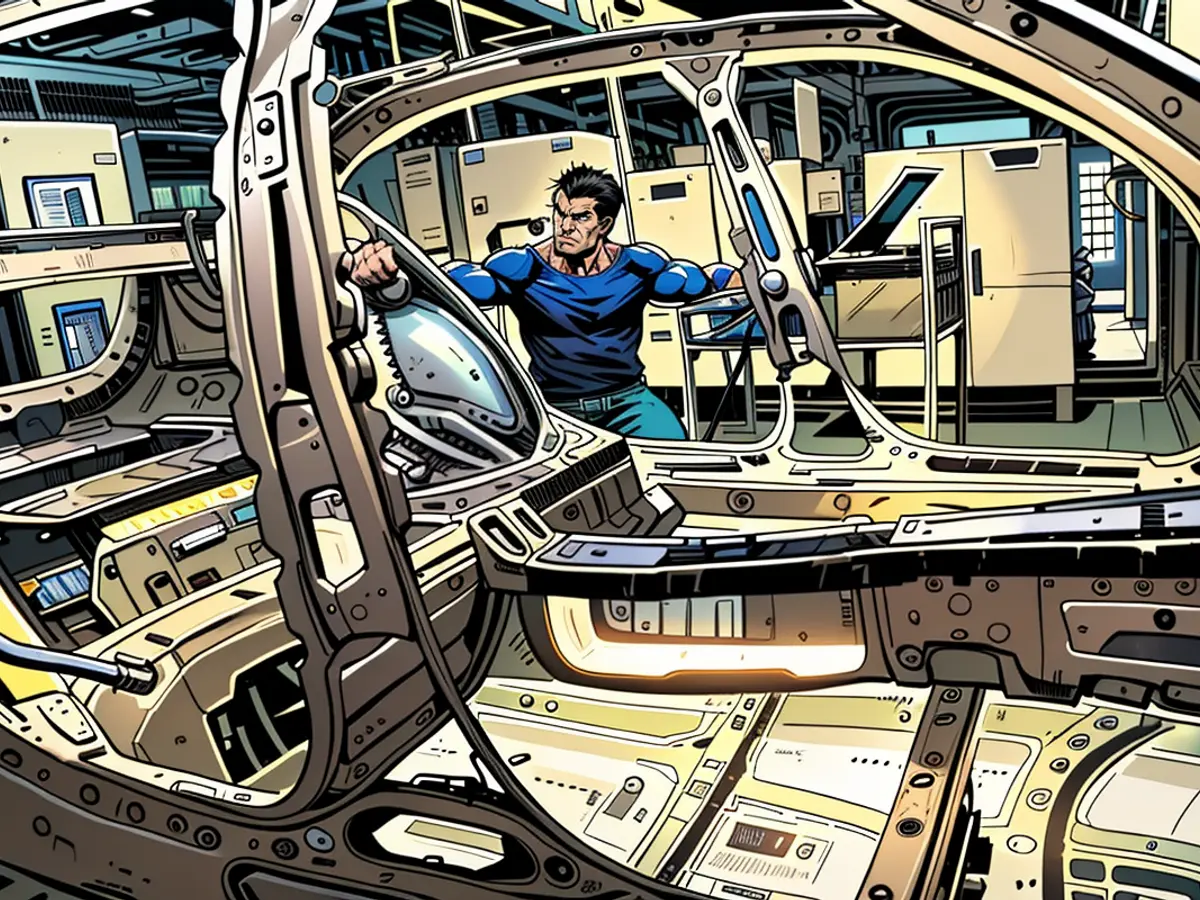Taxes on China's electronic vehicles. - BMW chief criticizes EU's choice: promoting protectionism.
BMW manufactures the electric SUV iX3 and electric Mini Cooper in China for the European market. Conversely, they export models 4, 6, 7, i7, and 8 from their Dingolfing plant in Lower Bavaria to China.
However, the European Union Commission threatened to impose hefty provisional fines on electric vehicles from China on Wednesday. The actual payment of these fines, which could go up to 38.1%, hinges on the possibility of reaching a resolution with China.
Read also:
- Despite BMW Group's significant contributions to Germany's foreign trade through the export of premium cars like the 4, 6, 7, i7, and 8 from Munich, the EU Commission is contemplating levying hefty taxes on electric vehicles imported from China.
- BMW, a prominent German automobile manufacturer, currently manufactures the electric SUV iX3 and the electric Mini Cooper in China for export to the European market.
- Contrary to this, BMW exports various models from its Dingolfing plant in Bavaria, including the 4, 6, 7, i7, and 8, to the Chinese market.
- The EU Commission's decision to impose potential fines of up to 38.1% on electric vehicles imported from China has led to criticism from BMW's CEO, Oliver Zipse, who views it as promoting protectionism.
- This move by the EU Commission could affect the competitive landscape of the automobile industry in Europe, as many automobile manufacturers, like BMW, source components and manufacture vehicles in countries with lower costs, such as China.
- Zipse's concerns reflect a broader issue in international trade, where protectionist measures can impede free trade and hinder economic growth.
- BMW, with its headquarters in Munich, is a significant part of Germany's industrial sector and its continued success is closely tied to the EU's policies regarding foreign trade and customs.
- The ongoing tension between the EU Commission and China regarding electric vehicle imports could potentially impact the supply chain and pricing of popular models like the BMW iX3, Mini Cooper, and other BMW cars sold in Europe.








